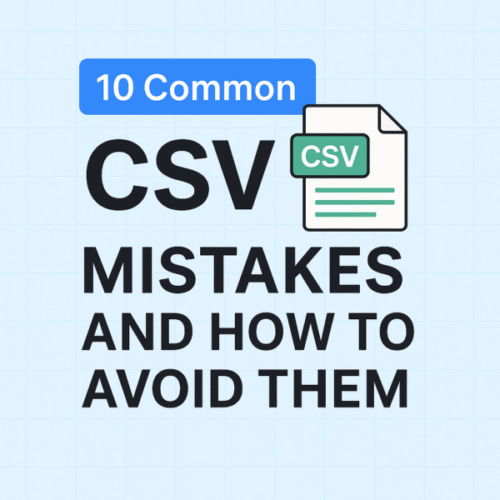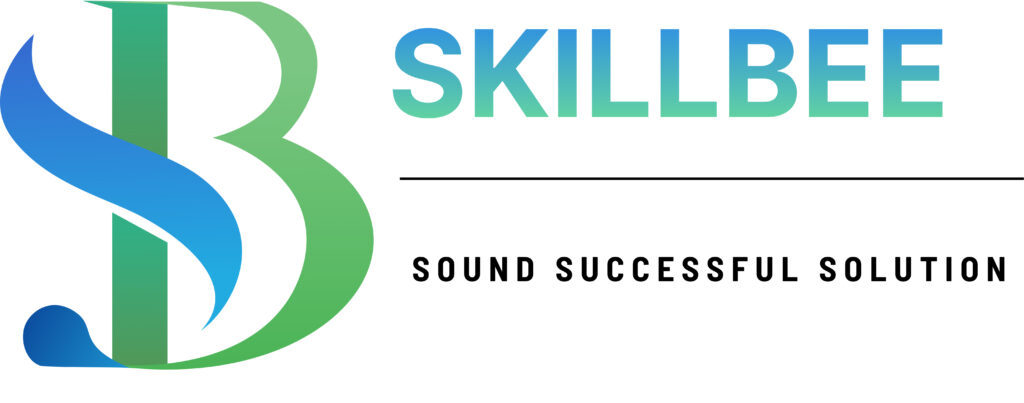Top Challenges and Benefits of Integrating Laboratory Instruments with LIMS

Introduction A Laboratory Information Management System (LIMS) is an application software that automates and manages the laboratory processes, tracking of data, sample handling, automation of workflow, and compliance with regulations. LIMS is applied in several industries, including pharmaceuticals, biotechnology, environmental analysis, clinical diagnostics, and food and beverage analysis. Sample lifecycle management, test result storage, reporting, […]
From CSV to CSA: Understanding the Shift in Software Validation

Introduction CSV (Confidentiality, Security, and Availability) and CSA (Cloud Security Alliance) are two of the most important terms in data protection and cloud computing and are tasked with serving as a backstop in today’s digitally networked world. CSV—not to be confused with the file format—refers to the foundational principles of information security: Confidentiality, ensuring data […]
Unlocking the Basics of Computerized System Validation

Introduction Computerized System Validation or CSV is an essential activity in those regulated sectors like pharmaceuticals, biotechnology, and medical devices. CSV is the documented process of confirming that a computerized system always operates as per its expected use and regulatory requirements. CSV has been made mandatory by regulatory agencies like the U.S. Food and Drug […]
Comparative Overview of Drug Regulatory Systems: FDA, EMA, and CDSCO

Introduction Regulatory systems play a vital role in ensuring that medications are safe, effective, and of high quality before reaching the public. These frameworks protect public health by enforcing stringent requirements for the approval, monitoring, and distribution of pharmaceutical products. Through comprehensive evaluations of clinical trial data, manufacturing standards, and post-marketing surveillance, regulatory authorities work […]
Understanding and Avoiding Common Mistakes in Computerized System Validation (CSV) Files

Introduction In regulated industries such as pharmaceuticals, biotechnology, and healthcare, Computerized System Validation (CSV) is a critical process that ensures computer systems used to store, process, or generate regulated data are functioning correctly, consistently, and in compliance with relevant standards. CSV files play a central role in this validation process, documenting essential system activities and […]
10 Common CSV Mistakes and How to Avoid Them

Introduction Computerized System Validation (CSV) files are vital for verifying that digital systems operate accurately, reliably, and consistently—especially in highly regulated industries like pharmaceuticals, biotechnology, and healthcare. These files include validation plans, user requirements, functional specifications, test protocols, validation reports, and traceability matrices. Together, they demonstrate compliance with regulatory frameworks such as the FDA’s 21 […]
Pitfalls in CSV and How to Avoid Them

Introduction Briefly explain the significance of CSV (Comma-Separated Values) format in data handling. The CSV (Comma-Separated Values) format is a simple yet powerful tool for storing and exchanging structured data. As a plain-text format, it is lightweight, easy to create, and compatible with various applications, including Excel, Google Sheets, and programming languages like Python and R. Its […]
Why CSV is Critical in the Pharmaceutical and Life Sciences Industries

Introduction Overview of the significance of data management in the pharmaceutical and life sciences sectors. In the pharmaceutical and life sciences sectors, data management plays a vital role in ensuring patient safety, maintaining regulatory compliance, and driving innovation. Accurate and reliable data is essential for every stage of the product lifecycle—from research and development to […]
Difference Between Computer System Validation and Software Testing

Introduction Explanation of Continuous Validation (CV) and its relevance in the context of Computer System Validation (CSV). Continuous Validation (CV) is an advanced approach to ensuring that computerized systems remain in a validated state throughout their lifecycle. Unlike traditional Computerized System Validation (CSV), which follows a one-time validation process at a specific point in time, […]
How to Conduct a Computer System Periodic Review

Introduction Importance of conducting a periodic review. Importance of Conducting a Periodic Review in Computerized System Validation A periodic review is a critical aspect of computerized system validation (CSV) to ensure that validated systems remain compliant, secure, and fit for their intended use. Over time, software updates, regulatory changes, and evolving business needs can impact the performance […]
